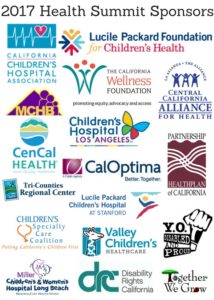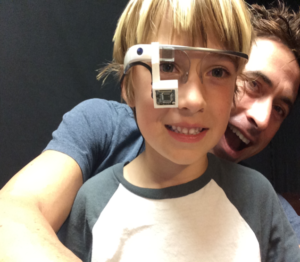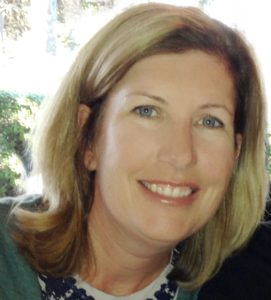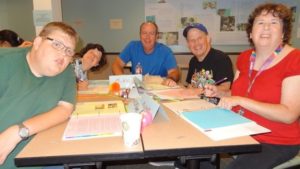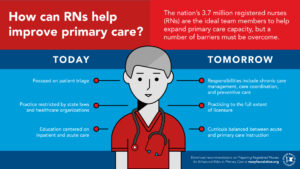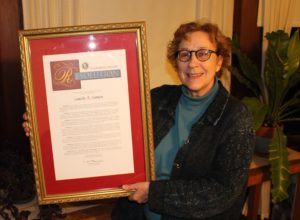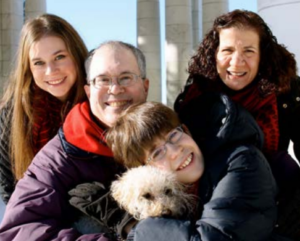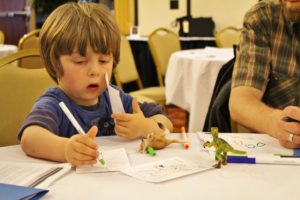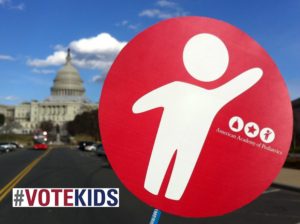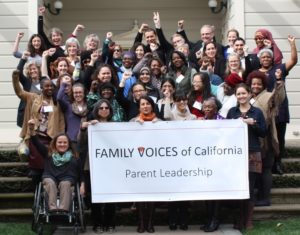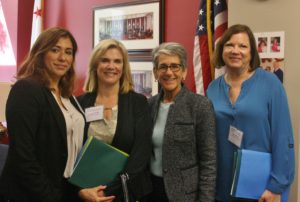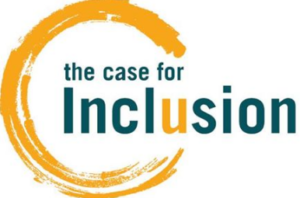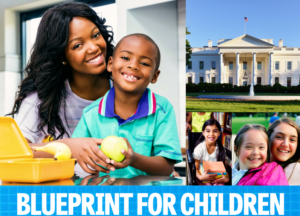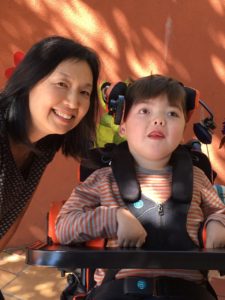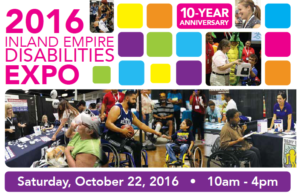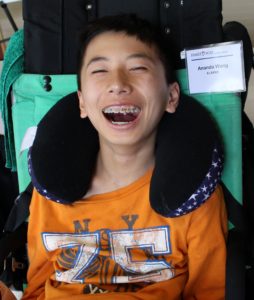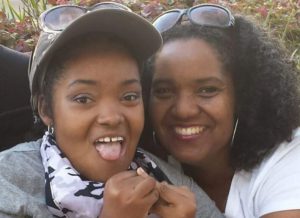This newsletter was sent December 13, 2016. If you’d like to receive our next bi-weekly digest full of a curated collection of resources, workshops, policy highlights, and action items that affect children and youth with special health care needs, please sign up here.
Reminder: Our 15th Annual Health Summit & Legislative Day will take place Feb. 27-28, 2017. More information and registration here. Free for families.
Northern California Project Leadership graduates gathered in Oakland on Dec. 3 for a day of speakers, activities, and parent-to-parent networking. The luncheon was organized in honor of parents’ ongoing commitments to improving services for children and youth with special health care needs (CYSHCN) in California. All attendees previously completed Project Leadership, a training series funded by the Lucile Packard Foundation For Children’s Health designed to help family members develop skills to partner at all levels of decision making and engage in public policy advocacy activities on behalf of CYSHCN.
Erica Monasterio, director of the Family Nurse Practitioner Program at the University Of California, San Francisco and parent of a child with special needs, delivered the opening keynote on the importance of parent-professional partnerships and parent-to-parent support. Afterward, the group of 40 attendees broke into three roundtable discussions on Medi-Cal services, California Children’s Services, and mental/behavioral health services. Following lunch, Elizabeth Grigsby, consumer rights advocate at Golden Gate Regional Center, inspired graduates with her personal and professional perspective on advocacy and what it means to represent individuals with disabilities. Assemblymember Tony Thurmond (District 15) wrapped up the day with a closing keynote in which he assured graduates he would continue prioritizing the needs of CYSHCN.
To view photos from the day, click here. For more information on our Project Leadership program, click here.
Related: Project Leadership is now part of AMCHP’s Innovation Station, a database of best practices in maternal and child health. To check it out, click here.
RESOURCES
AAP Report: Home Is Best Option For Children With Disabilities, Medical Complexity
New guidance from the American Academy Of Pediatrics states that home is the best residence for children with significant disabilities, and pediatricians should serve as a key resource for families who are exploring community-based options. The guidance explores various alternate arrangements ranging from medical facilities to host families or voluntary foster care. To read the report, click here.
Related: Doctors Urged To Help Families Seeking Out-Of-Home Placements
New Tourette Syndrome Tool Kits Available For Patients And Providers
Two new guides from the Tourette Association Of America provide information on diagnosing, treating, and living with Tourette Syndrome (TS). The patient tool kit aims to help individuals navigate not only the medical aspects of TS, but also the emotional aspects. In addition, it addresses common co-occurring conditions. The provider tool kit is meant to help doctors recognize TS and tic disorders so they can provide accurate diagnoses, referrals, and recommend treatments and support. To download the guides, click here (note: hard copies free upon request this month only).
OPPORTUNITY FOR INPUT
Human Rights Fellowship Opportunity For Young Adults With Intellectual Disabilities
The Open Society Foundations is seeking applicants for their Community Youth Fellowship who want to implement a project of their own design that advances human rights in underserved communities. The fellowship comes with an award of $60,000 for an 18-month project that must begin no later than June of next year. There are two areas of focus—one is specifically reserved for young adults with intellectual disabilities (18-25). Letters of intent are due Jan. 10. For more information, click here.
LPFCH Releases Super Parent Photo Project: Share Your Own Family Story
Shot by Pulitzer Prize-winning photographer Deanne Fitzmaurice, this documentary series from the Lucile Packard Foundation For Children’s Health debuted on CNN last week and features an intimate look at what it takes to raise a child with a disability or chronic illness. The series follows 10 families (including three Project Leadership graduates and an FVCA council member!) as they go about their daily activities. To view the photo series, click here, and for more information on submitting your own family story as part of the Super Parent collective voice, click here.
Signatures Needed To Protect Health Care For California’s Children And Families
In light of the recent changes in Congress, Children Now is calling on organizations to sign a letter of support urging California’s elected officials to protect children’s health care by not cutting Medicaid or repealing the Affordable Care Act. To read and sign the letter, click here.
WEBINARS
December 14: An Educator’s Guide To Teaching Students With ADHD
Sponsor: ADDitude
More information and registration here.
December 14: Positive Behavior Interventions & Support (PBIS) For The Holidays!
Sponsor: Family Network On Disabilities
More information and registration here.
December 15: Manage Children With Medical Complexity In Your Practice
Sponsor: AAP’s Council On Children With Disabilities
More information and registration here.
Related: See the corresponding clinical report, Recognition And Management Of Medical Complexity
December 15: Transitional Care Partnerships: Improved Communication & Care Coordination Across The Health Care Continuum
Sponsor: Center For Public Health Continuing Education
More information and registration here.
December 15: Rights And Responsibilities
Sponsor: Family Network On Disabilities
More information and registration here.
December 16: Zika: Challenges, Solutions, And Resources
Sponsor: Office Of Minority Health
More information and registration here.
December 19: Online Training Day: Focus On Transition For Students With Disabilities
Sponsor: Family Network On Disabilities
More information and registration here.
January 4: An Integrative Pediatric Neurologist’s Perspective On PANS/PANDAS, ASD
Sponsor: Autism Research Institute
More information and registration here.
January 11: Understanding The Five Developmental Areas
Sponsor: Family Resource Centers Network Of California
More information and registration here.
January 11: Preventing Burnout: Individual And Organizational Intervention
Sponsor: California Medical Association
More information and registration here.
ARTICLES
December Issue Of Complex Child Magazine: Behavioral Issues
In Toy Ads And On The Catwalk, Models With Down Syndrome
Rural Arkansas Schools To Go Telemedicine Route
GE, Children’s Hospital Form Medical Software Venture
Mistaking A Toy Truck For A Gun—Why Law Enforcement Officers Need Education On Special Needs
Family Flees Florida To Save Daughter’s Life
What Donkeys Know About Autism
Apples And Oranges: Serious Chronic Illness In Adults And Children
‘Silas Project Update:’ Fragile Child Back In School, Father Seeks Marijuana Medicine For Other Kids
What Its Like To Raise A Baby With Microcephaly
What Do New HHS Picks Signal For Children’s Health Policy?
A Childhood Cancer. An Indefensible Hope. The Power Of Will
Miller Children’s Expands Care Deeper In Orange County, Opens Pediatric Specialty Center In Irvine
A Mother’s Lifelong Devotion To Her Disabled Daughter
My Son Had A Devastating, Mysterious Illness. The Conversation About Palliative Care Knocked Me Flat (also see Loving My Son, After His Death, from the same author).




